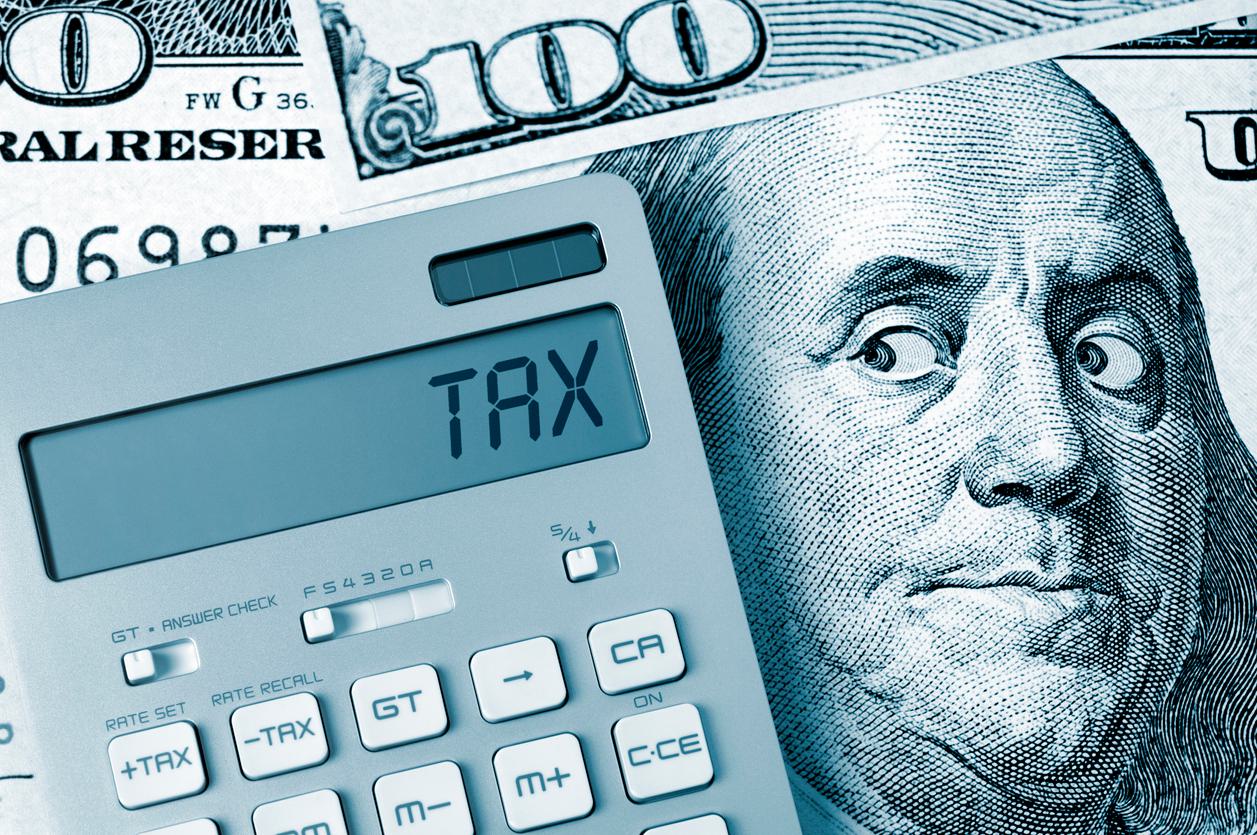With a new year, new legislature and a string of annual budget surpluses, hope springs eternal for tax relief in Alabama.
With that, there are three key areas for policymakers to consider in 2023.
Income Tax
Alabama was one of the only southeastern states in 2021 and 2022 not to offer its citizens any significant, broad-based sales or income tax relief despite large state budget surpluses.
Will that change in 2023?
Possibly, but whether that happens in the form of a one-time tax rebate or a permanent tax cut remains to be seen.
Governor Kay Ivey came out in favor of a tax rebate in October but ruled out making "permanent structural change" to the state tax code.
State Sen. Arthur Orr (R-Decatur) said earlier in December that both tax rebates and permanent tax cuts would be considered in 2023.
Grocery Tax
Alabama has the fifth-highest state and local average sales tax rate, according to the Tax Foundation.
Proponents of cutting or eliminating the grocery tax in Alabama consistently come from both the left and right sides of the political aisle. Eliminating Alabama's state sales tax on groceries is a" logical first step in our tax reduction efforts," according to incoming State Rep. Ben Harrison (R-Cartwright).
Occupational Tax
Occupational taxes are an additional tax in certain municipalities in Alabama that is withheld from an employee's salary, wages and/or commissions by their employer and paid to the municipality if the work is done or the employer is based in that municipality.
With the rise of teleworking and working from home during and after the COVID-19 pandemic, some Alabamians are likely paying tax to certain municipalities if their employer's address is in the municipality, even if they themselves don't physically live or work there.
Twenty-five municipalities in Alabama levy such a tax, some at a rate as high as 2%. Birmingham and Auburn charge a 1% occupational tax on workers employed in the city.
State Sen. Andrew Jones (R-Centre) proposed legislation during the 2022 session that would've phased out the tax statewide by reducing the tax by a tenth of a percent annually until it was abolished entirely in Alabama. The bill didn't garner enough support to be passed into law, but Jones told 1819 News in September he planned to run similar legislation again in 2023.
To connect with the author of this story, or to comment, email caleb.taylor@1819News.com.
Don't miss out! Subscribe to our newsletter and get our top stories every weekday morning.










